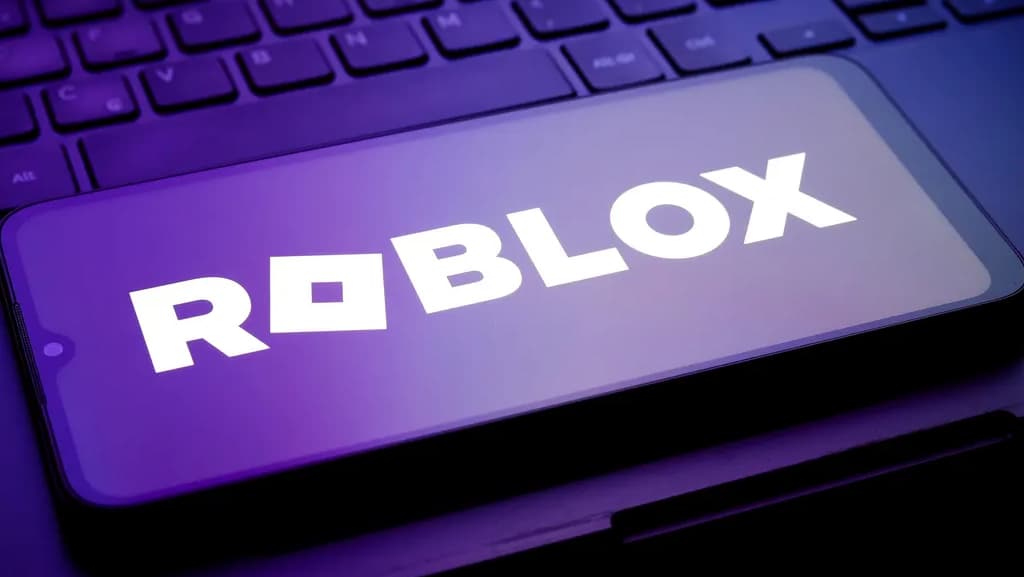
Legal Storm Over Roblox: Child-Safety Suits Question Gaming Platform’s Future
Technical glitches, flawed moderation and child protection lawsuits put pressure on one of the world’s biggest online gaming companies
Roblox, one of the most widely used online gaming platforms, is facing mounting legal and regulatory pressure as concerns grow over the safety of its youngest users. Once viewed by parents as a safe digital playground, the platform is increasingly under fire for technical failures, disturbing content and a surge in lawsuits that allege it has failed to protect children from exploitation.
Legal actions against the company have gained momentum in the United States, where it faces high-profile lawsuits accusing it of inadequate safeguards against sexual predators and relying on flawed moderation and age-verification systems. Regulators in several countries, including China, Qatar, Oman and Turkey, have also imposed temporary bans or restrictions following reports of children being exposed to inappropriate content.
Legal experts note that these lawsuits centre on whether Roblox breached its duty of care to minors using its platform. Under various child protection and online safety laws, companies are required to take “reasonable steps” to prevent foreseeable harm to children. Allegations against Roblox suggest it failed to act quickly enough to detect grooming behaviour and remove harmful content, and in some cases, even suspended watchdog accounts that tried to expose predators.
“Tech companies offering platforms for children have a legal obligation to implement robust safety and moderation systems,” said Sunil Ambalavelil, Chairman of Kaden Boriss. “If courts find that Roblox ignored foreseeable risks or relied on inadequate safeguards, it could be held liable under negligence and child protection laws. This could lead not only to damages but also stricter regulations and compliance obligations worldwide,” he added.
Researchers have also warned that children’s avatars on Roblox can easily stumble into sexually suggestive spaces or interact with adults in ways that could lead to grooming. Critics point to the platform’s heavy reliance on automated AI moderation, which they argue leaves harmful material visible for long periods. Adding to parents’ worries, predators often shift conversations off-platform to encrypted or unmonitored apps such as Discord or Snapchat.
Roblox maintains that it is taking steps to improve safety. The company has rolled out stricter age verification systems, banned sexually explicit content, introduced content tagging policies and deployed AI tools to detect and remove inappropriate servers. It also offers parental controls that limit gameplay, communication and in-game spending, though these depend on active monitoring by parents. With over 80 million daily active users and 111.8 million in Q2 2025 alone, policing every interaction remains a formidable challenge, the company argues, noting that “bad actors” are an internet-wide issue.
Despite the controversies, Roblox’s growth continues. In the second quarter of 2025, users spent 27.4 billion hours on the platform, with mobile devices driving 80 per cent of engagement. Revenue hit $1.08 billion for the quarter, and creators collectively earned more than $1 billion over the past year. Yet these impressive figures come alongside recurring crises -- frequent technical outages that disrupt gameplay and developer earnings, widespread criticism over moderation lapses, and calls on social media for executive resignations.
For parents, the dilemma is no longer whether children should play Roblox, but whether the company can ensure their safety. For Roblox, the path ahead is equally stark: rebuild public trust while proving it can deliver a stable and secure environment for millions of young users worldwide.
For any enquiries please fill out this form, or contact info@thelawreporters.com Follow The Law Reporters on WhatsApp Channels